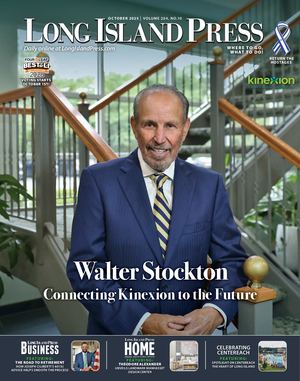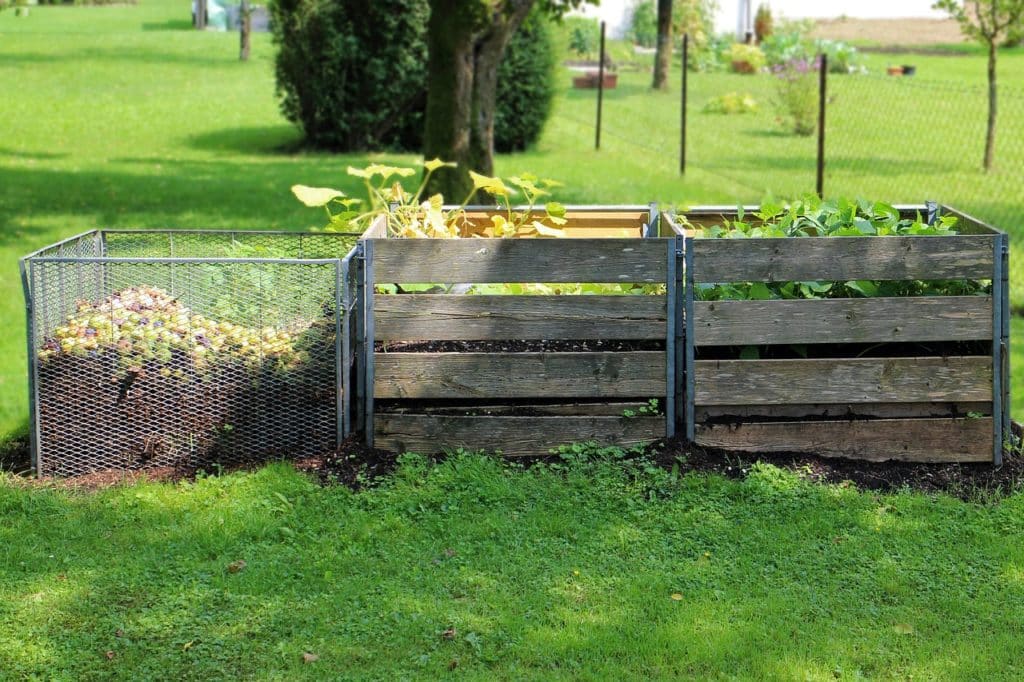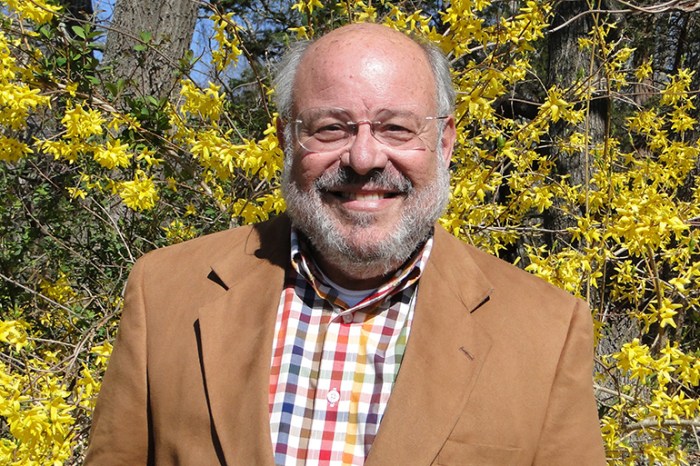 By Brendan O’Reilly
By Brendan O’Reilly
Governor Andrew Cuomo and the Department of Environmental Conservation have declared May 5 to 11 “Compost Awareness Week” in New York.
DEC Commissioner Basil Seggos said the campaign is designed to bring attention to the many environmental benefits of composting and celebrate the victory in the 2019-20 state budget to establish a new food waste program that maximizes the donation of unused food, expands the availability of composting and diverts food waste from landfills.
“New Yorkers are leaders in sustainability and effectively managing and recycling the waste we generate, but there is always an opportunity to do more,” Mr. Seggos said in a statement. “New York took a huge step in the recent state budget by creating a new organics recycling program for large-scale food waste, and now we need to increase the number of individuals who compost to help us further reduce our dependence on landfills and protect the planet from harmful methane emissions. I encourage all New Yorkers to consider composting as a way to protect our resources and lessen the impacts of climate change.”
Recycling food scraps, grass, leaves, yard clippings and other organic materials through composting reduces the state’s dependence on landfills that contribute to greenhouse gas emissions and produces valuable, nutrient-rich compost that improves soil health and water quality, according to the DEC. Organic materials make up approximately 30 percent of the municipal waste stream, says the DEC, which estimates that more than 3 million tons of food scraps are disposed in landfills or managed in combustors each year.
While landfills create methane, a greenhouse gas, composted food scraps and other organic materials do not produce methane, the DEC notes. And because composting returns organic matter to soil, it improves the health of the soils, conserves water and decreases erosion.
According to the DEC, more than 700,000 tons of organic material are processed each year in compost facilities across the state, including large regional composting facilities and small compost piles at schools and outside residents’ homes. Yard trimmings, including leaves and grass, are the most commonly accepted materials at compost facilities. More recently, some composting facilities have begun accepting food scraps, and others are exploring the possibility. Many gardeners have long recognized the benefits of composting their food scraps and other organics to boost their soils and reduce the use of fertilizer and pesticides. In addition, compost can be used as a mulch around plantings to hold in moisture and prevent weeds from growing.
The Food Donation and Food Scrap Recycling Act, which launched a new organics recycling program, is designed to fight climate change and boost food donation. The measure requires many of the state’s largest generators of food waste to separate food scraps into wholesome food that can be donated to those in need and food to be transported for organics recycling.
For additional information, visit DEC’s organics recycling webpage at dec.ny.gov/chemical/8798.html.



































